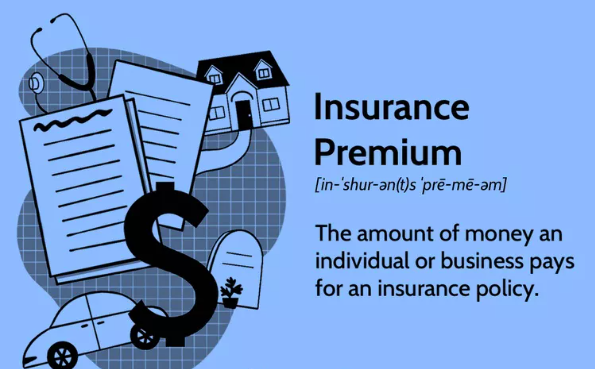How Insurance Works: Premiums, Deductibles & Claims Explained
Insurance can feel confusing with all its terms premiums, deductibles, claims, and coverage limits. But understanding how insurance works is essential to making smart choices for your health, car, home, or business.
In this guide, we’ll break down the basics of how insurance really works, using simple language and relatable examples.
What Is Insurance, Again?
At its core, insurance is a financial safety net. You pay a company (the insurer) a small amount of money regularly (called a premium) in exchange for protection against big, unexpected costs like a hospital bill, a car accident, or a house fire.
If something goes wrong, the insurance company helps cover the cost so you don’t have to face it alone.
What Is a Premium?
A premium is the amount you pay to keep your insurance policy active.
-
You can pay it monthly, quarterly, or annually.
-
Premiums vary based on your risk level and the type of insurance.
Example:
If you buy health insurance for ₦30,000/month, that’s your premium. You pay this whether or not you use the coverage that month.
What Affects Your Premium?
-
Age and health (for life/health insurance)
-
Driving record (for car insurance)
-
Value of your home or belongings (for property insurance)
-
Coverage amount and add-ons
-
Location and occupation
In general: the higher the risk, the higher the premium.
What Is a Deductible?
A deductible is the amount you have to pay out of your own pocket before the insurance company starts paying.
Example:
You have car insurance with a ₦100,000 deductible. If you get into an accident that costs ₦500,000 to repair, you pay ₦100,000, and your insurer covers the remaining ₦400,000.
High vs. Low Deductibles
-
High Deductible = Lower Premiums
(Good if you rarely need to file claims) -
Low Deductible = Higher Premiums
(Good if you want more help when something happens)
What Is a Claim?
A claim is a formal request you submit to your insurance company asking for payment after a covered loss or event.
How It Works:
-
Something happens (e.g., accident, illness, fire).
-
You notify your insurer and file a claim usually online or through an agent.
-
The company investigates to verify the damage or loss.
-
If approved, they pay you or the service provider (minus your deductible).
Example:
If your phone is stolen and it’s covered by your renters insurance, you submit a claim with a police report and receipts. The insurer then reimburses you according to the policy.
What Is Coverage Limit?
Every insurance policy has a coverage limit the maximum amount the insurer will pay for a specific event or over the life of the policy.
Example:
If your health insurance has a ₦1,000,000 annual limit, and you incur ₦1.2M in medical bills, you’ll need to pay the extra ₦200,000 yourself.
Tip: Always check:
-
Per incident limit
-
Annual limit
-
Lifetime limit (for some health or life insurance plans)
Recap: How Insurance Works Step-by-Step
-
You buy a policy and pay your premium.
-
A loss or incident occurs (accident, illness, theft, etc.).
-
You pay your deductible first.
-
You file a claim with the insurer.
-
The insurer covers the remaining costs up to your coverage limit.
Final Thoughts on Premiums, Deductibles & Claims Explained
Understanding how insurance works especially terms like premiums, deductibles, and claims is key to protecting your finances and making confident decisions.
Here’s a quick cheat sheet:
| Term | Meaning |
|---|---|
| Premium | What you pay regularly to keep your policy active |
| Deductible | What you pay out of pocket before insurance kicks in |
| Claim | A request for payment after a covered event |
| Coverage Limit | The maximum amount your insurer will pay |
Insurance isn’t just about protection it’s about planning smartly for life’s surprises.


